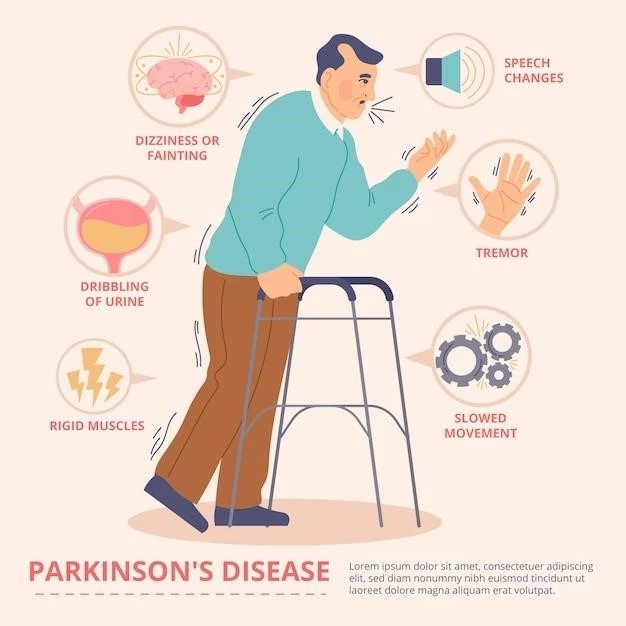The understanding of Aicardi Syndrome involves exploring its various causes and implications on affected individuals. Learning about this rare condition is crucial.
Causes of Aicardi Syndrome
Aicardi Syndrome is primarily caused by a spontaneous genetic mutation on the X chromosome. This rare disorder typically affects females. The exact cause of this genetic mutation is still under research, but it is believed to occur randomly during early fetal development; The mutation leads to the absence or malformation of the corpus callosum, a structure in the brain that connects the two hemispheres. This abnormality can result in the characteristic features of Aicardi Syndrome, such as seizures, developmental delays, and eye abnormalities.
Identifying Aicardi Syndrome
Identifying Aicardi Syndrome involves recognizing the unique combination of symptoms and conducting specialized diagnostic tests for confirmation.
Symptoms and Signs of Aicardi Syndrome
Aicardi Syndrome manifests with symptoms such as infantile spasms, developmental delays, vision issues, and characteristic eye abnormalities like chorioretinal lacunae. Individuals may also exhibit agenesis of the corpus callosum, intellectual disabilities, and seizures. The presence of these signs is crucial in diagnosing Aicardi Syndrome.
Diagnosis of Aicardi Syndrome
Diagnosing Aicardi Syndrome involves a thorough evaluation of clinical symptoms, neuroimaging studies like an MRI or CT scan to assess brain abnormalities, and genetic testing to identify mutations on the X chromosome. A healthcare provider may also conduct an electroencephalogram (EEG) to assess seizure activity. A confirmed diagnosis is crucial for appropriate management and intervention strategies.
Managing Aicardi Syndrome
Managing Aicardi Syndrome entails a comprehensive approach focused on symptom management, developmental support, and regular medical monitoring.
Aicardi Syndrome Treatment Options
Treatment for Aicardi Syndrome is primarily symptomatic and may include antiepileptic medications to manage seizures, early intervention services for developmental delays, and specialized therapies to address vision issues. Multidisciplinary care involving neurologists, ophthalmologists, and therapists is essential to address the complex needs of individuals with Aicardi Syndrome.
Progress in Aicardi Syndrome Research
Ongoing research aims to enhance our understanding of Aicardi Syndrome, explore new treatment modalities, and improve outcomes for affected individuals.
Aicardi Syndrome Research Updates
Recent research in Aicardi Syndrome has focused on genetic advancements, potential targeted therapies, and understanding the underlying mechanisms of the disorder. Clinical trials, collaborative studies, and innovative approaches are essential in progressing towards better management and potential treatments for Aicardi Syndrome.

Coping with Aicardi Syndrome
Coping with Aicardi Syndrome involves a holistic approach, encompassing medical management, early interventions, supportive care, and emotional support for individuals and families facing the challenges associated with the condition.
Living with Aicardi Syndrome
Living with Aicardi Syndrome poses unique challenges that require a supportive environment, access to specialized medical care, educational interventions tailored to individual needs, and emotional support for both affected individuals and their families. Building a strong support network and accessing resources specific to Aicardi Syndrome can enhance the overall quality of life for those living with this condition.
Support and Resources for Aicardi Syndrome
Accessing support and resources for Aicardi Syndrome is crucial for individuals and families impacted by this condition to navigate challenges effectively.
Aicardi Syndrome Support Resources
Families and caregivers can benefit from support groups, online forums, educational materials, and advocacy organizations specializing in Aicardi Syndrome. These resources offer valuable information, emotional support, and a sense of community to individuals navigating the challenges of this rare condition. Additionally, connecting with healthcare providers experienced in Aicardi Syndrome can provide tailored support and guidance in managing the unique needs of affected individuals.
Aicardi Syndrome Awareness and Advocacy
Increasing awareness about Aicardi Syndrome is essential to promote early diagnosis, access to specialized care, and support for affected individuals and families. Advocacy efforts play a crucial role in advancing research, improving healthcare services, and fostering a supportive community for those impacted by Aicardi Syndrome. By raising awareness and advocating for resources and policies that benefit individuals with Aicardi Syndrome, we can enhance the quality of life and opportunities for those living with this condition.
